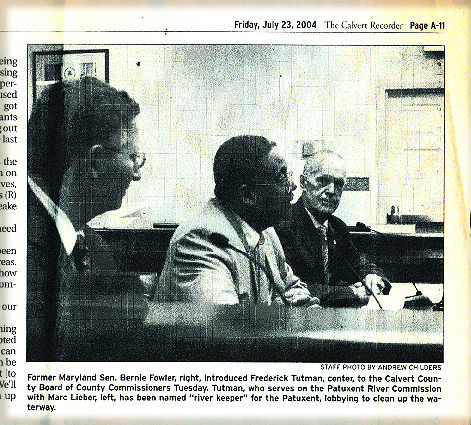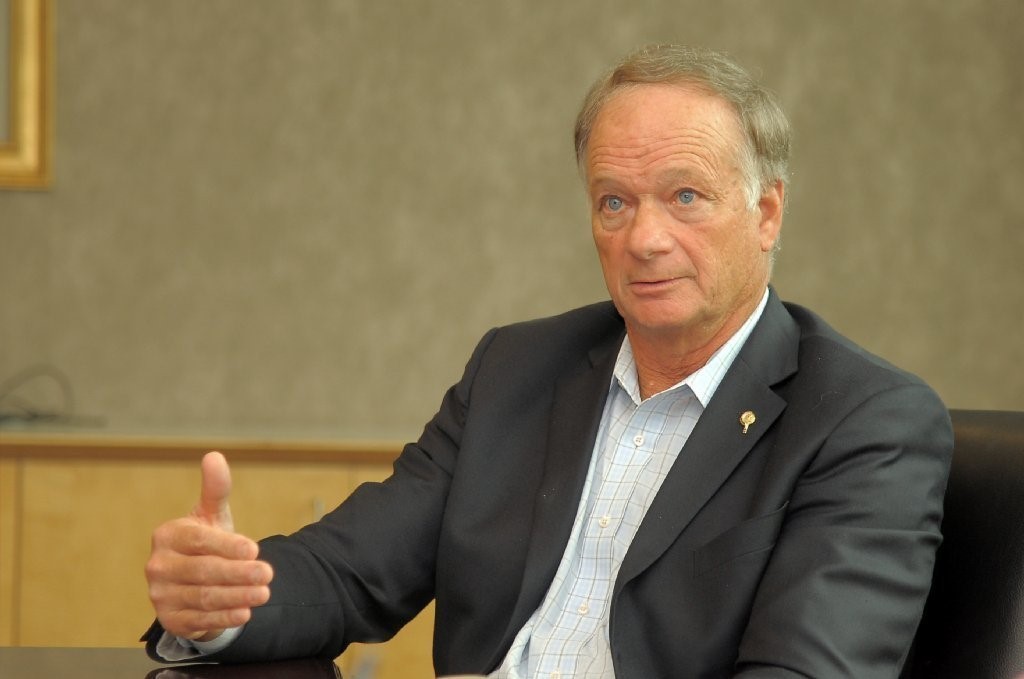News
The Only State River Commission in Maryland Just Blinked!
Now we have been given a legal opinion* from the Secretary of the State Planning agency that by statute is charged with staffing and assisting the Commission that says we cannot comment on a really ridiculously bad townhouse development project being planned next to the river…
Read MorePerdue: More oysters, not less fertilizer, are solution …
In a recent Baltimore Sun B’More Green blog, Mr. Jim Perdue was interviewed about his vision for the cleanup of the Chesapeake Bay. http://www.baltimoresun.com/features/green/blog/bal-gr-perdue-more-oysters-not-less-fertilizer-are-solution-for-bay-cleanup-20160927-story.html ——————————————————————————————————————————————– OPINION/EDITORIAL Mr. Perdue is attempting to deflect attention away from the Eastern Shore but as long as agricultural pollution remains the number 1 source of pollution to our waterways in…
Read MoreThe Hudson/Perdue Chicken Waste Case — What We’ve Already Learned
A decision is expected soon in the highly publicized federal lawsuit Waterkeepers Alliance, Inc., vs. Alan and Kristen Hudson Farm and Perdue Farms, Inc. The outcome is anyone’s guess, but already testimony from the trial has made clear that Maryland’s effort to oversee and enforce nutrient management plans needs more muscle.
Read MoreSenior Scientists And Policmakers For The Bay Join With Other Conservation Groups In Urging Better Regulation Of Tons Of Raw Animal Manure.
After eight months of negotiations and efforts to strengthen the regulations as we have advocated in our Bay Action Plan, new regulations were proposed and published in the Maryland Register on June 29. These regs are still much too weak and fall well short of the Senior Scientists and Policymakers for the Bay science-based positions. Representatives of our group had discussed our positions in detail with the Bay Cabinet at a meeting last September. We have continued to advocate these common sense positions and members of our group sent detailed letter to the Governor and published an Op-ed in the Baltimore Sun detailing the need for better management of animal manure and other nutrients.
Read MoreWeak Regulation of Manure Proposed
(Posted by Gerald Winegrad)
The Maryland Department of Agriculture announced the development of weakened proposed regulations that are well short of the positions advocated by the Senior Scientists and Policymakers for the Bay to address the pollution from millions of tons of chicken and other farm animal manure that is poisoning ground and surface waters. Some key elements of the proposals don’t even go into effect until 2016, allowing four more years to do just some of what has been required for land application of treated human sludge since 1985!
Read MoreThe Session of the Bay
(Posted by Erik Michelsen)
In preparing for the 2012 Maryland Legislative session, the memories of largely unproductive sessions for the environment in 2010 and 2011 were very fresh. The combined environmental community – the Clean Water, Healthy Families coalition – resolved to be more focused, to pursue a direct request of legislators, and to focus on goals that would have a measurable impact on improving water quality.
Read More
